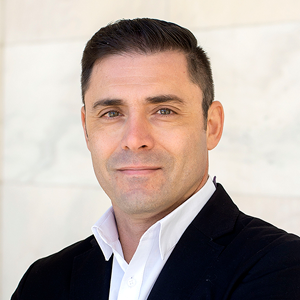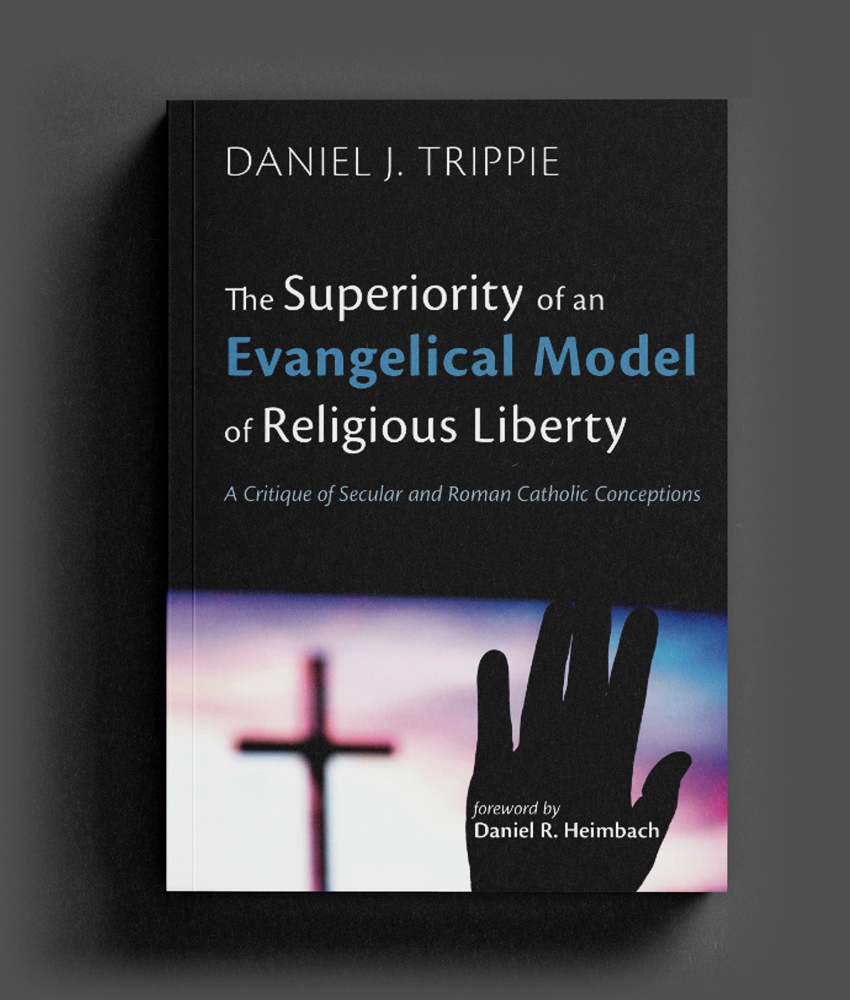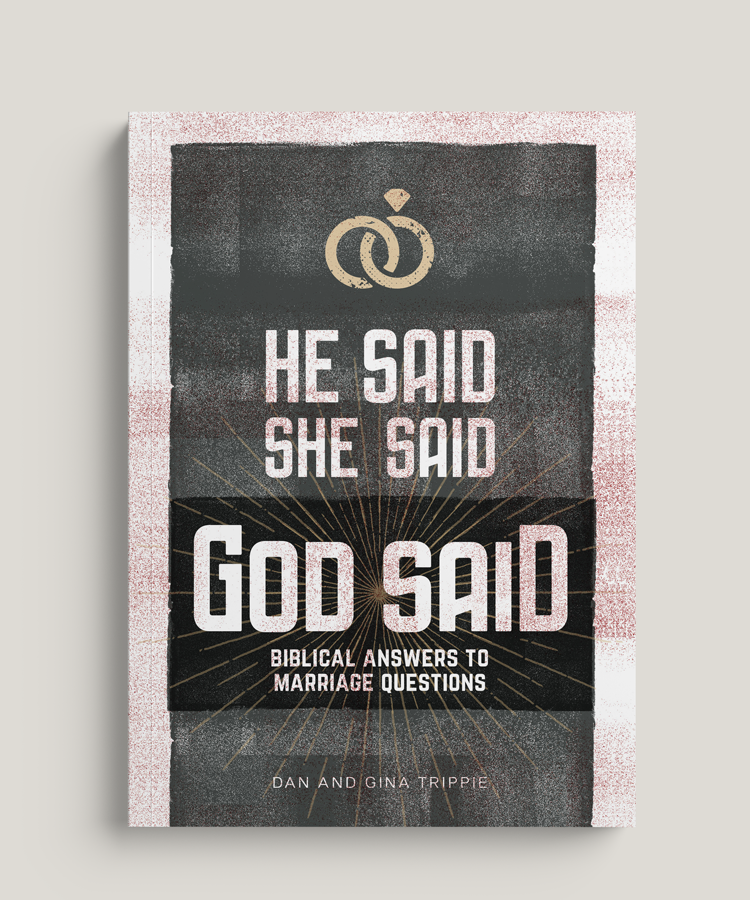Well, it happened. On Saturday, July 13th, the world watched as a would-be assassin attempted to kill President Donald Trump. Sadly, an innocent rally attendee lost his life while a stunned nation asked, “How did we get here?”
Currently, the shooter’s motives are unclear, but it seems this was an act of political violence. Political violence has been increasing for years, and now it has escalated to the point where both the right and left are calling for “ratcheting back the rhetoric.”
Moreover, President Biden is calling for civility to be restored to our political discourse. And while I have opinions regarding his contribution to the culture’s toxicity, I applaud his remarks. However, I question if merely “toning down the rhetoric” is enough. Politicians “talking nice” will only do so much and most likely not last very long (it’s already dissipated). Our nation needs more.
In the era of confirmation bias, echo chambers, and cable news, we will need more than congenial rhetoric and platitudes; we need practical tools that help us rehumanize one another.
Our national pursuit was always dialogue. Once upon a time, we talked with people—even those we disagreed with. The framers of the Constitution were so convinced of the power of dialogue that they codified freedom of religion and speech. They wanted us to talk to one another. But it seems years of atrophy have diminished our skills.
We need a crash course in listening skills if we are going to dialogue across our political divides. We must learn how to sit across the table and listen to beliefs and ideas that are foreign and, at times, uncomfortable. Somehow, we have assumed that listening to another’s ideas constitutes agreement. However, understanding other perspectives is not the same as agreement. Understanding simply says, “I am willing to see God’s image in you even while I see things differently.” Our nation’s future demands that we build a greater capacity for actual listening.
Dialogue demands that we nurture the virtue of prudence. The New Testament author James says, “Be quick to listen and slow to speak.” One does not need to be Christian to recognize James’s wisdom here. It takes self-control not to interrupt and shut down conversation when confronted with competing ideas. We are creatures prone to reaction, but prudence harnesses our reactive energy and redirects it towards something good. Moreover, digging deeper and discovering the underlying concern that animates one’s political concerns may unearth some shared interests. Who knows —we might find a few areas of agreement!
Additionally, dialogue requires space. We are quickly losing places for face-to-face dialogue across differences. In Acts 17, the Apostle Paul went to converse at the Areopagus. Paul went to the forum and listened to the pagans express ideas. He understood that as image bearers, all humans are truth seekers. While some truths are accessible only through faith, reason and dialogue often till the soil for faith. Paul maintained a substantial difference in his beliefs —listening to others did not cause him to lose his faith —it strengthened it. He listened to the pagans’ hearts, then contributed to the conversation by sharing the truth of Christ’s resurrection. However, our shared spaces are dwindling. We have few civil institutions left where people gather for debate. As a nation, we must find creative ways to convene face-to-face conversations where we share ideas across political differences.
Finally, we must ask, “Who doesn’t want us talking to one another?” If we bite and devour one another, whose interests does it serve? Former Soviet Premier Nikita Khrushchev said, “We do not need to invade the United States; we will destroy them from within.” Our nation has real national security risks, and given the current geopolitical state, it is chilling to consider how Saturday’s assassination attempt looked to the world. We often think about fighting for democracy through bombs and boots. But maybe we can fight for democracy simply by talking to our neighbors.










4 Replies to “It Happened —Trump Shot!”
Great word Dan!
Thank you, Jeff
Well said
This was extremely helpful! Thank you Dan.